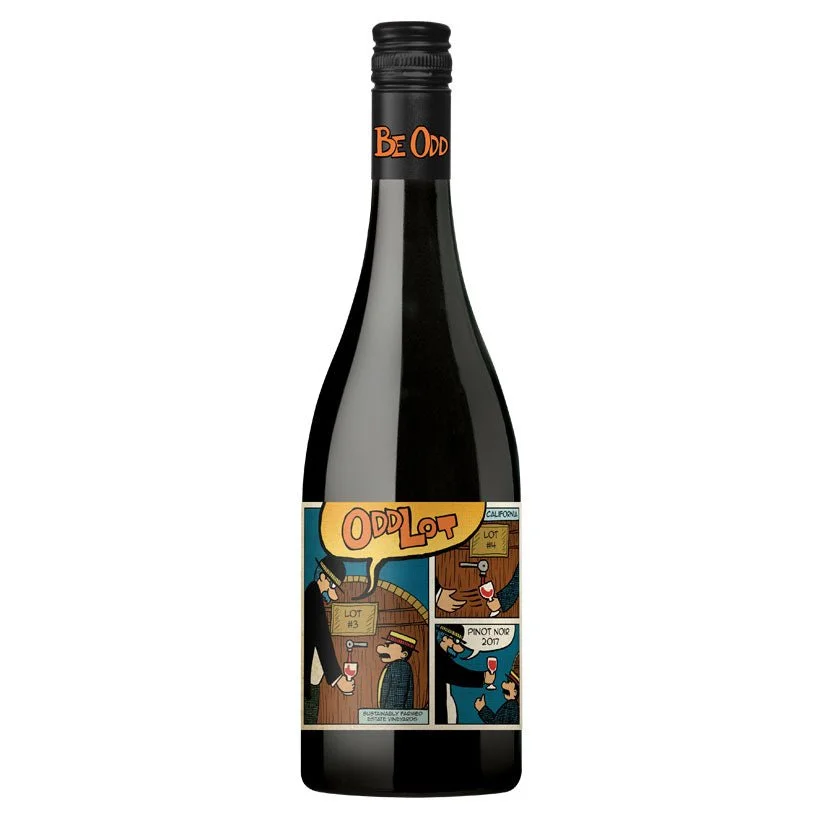Background & Sustainabiliy
Seeing the growing potential of Patagonian soil and climate, the first vines were planted in 2003 by husband and wife team Carlos and Cristina Groppo Parisi. Today, the family run winery is led by the second generation - Tomás and his sister Sofia and they are driven to promote and bring Patagonian wines to the table. The family estate stretches 61 hectares with a 300,000 litre cellar. The vineyards itself eperience low annual rainfall and frequent and intense winds; forcing the grapes to develop thick skins and establish deep set roots, characterising its wines robust structure. Tomás and his team do not use any synthetic pesticides, fertilisers or additives within the vineyard or winery. They compost all degradable material like discarded pomace , prunings and leaves to add back into the land. They aim to be certified organic for the 2025 harvest.
Winemaking
Soils in San Patricio de Chañar are sandy and gravely and all vines are fed water from the Andes mountain snowmelt. Grapes are harvested manually before 30% are gently pressed and macerated as whole bunches and the rest are destemmed beforehand. Juice is fermented under controlled temperatures using indigenous yeasts and aged in stainless steel tanks to preserve the natural characteristics of the grape.









